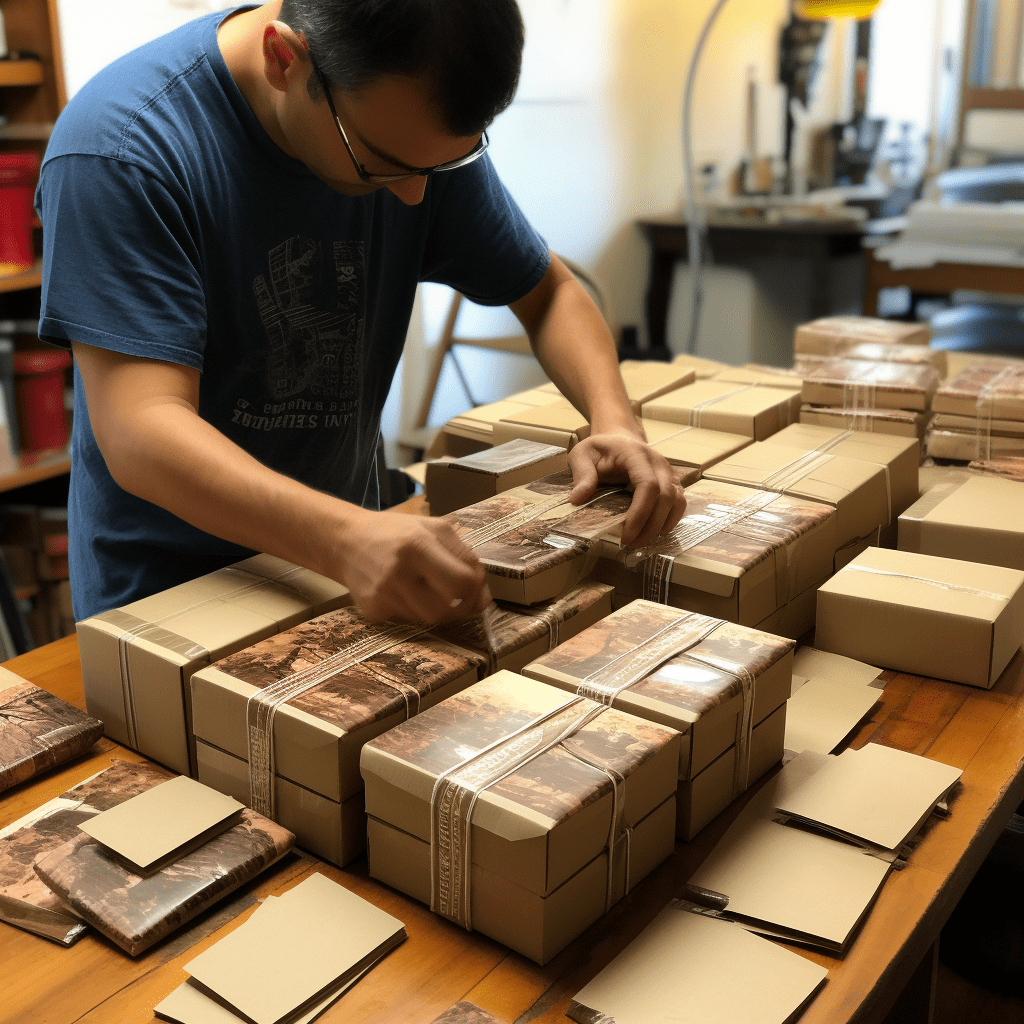For bibliophiles, a personal library is more than just a collection of books; it’s a sanctuary filled with adventures, knowledge, and memories. Each book not only contains a story but is also part of one’s life story. Moving can be challenging enough on its own, but when it involves transporting a personal library, the complexities multiply. This article offers comprehensive guidelines to make the task easier and keep your precious collection safe.
Why Professional Movers Are a Good Idea
When it comes to moving a personal library, the stakes are high. Books, especially older or rare editions, are delicate and can easily be damaged during a move. Furthermore, the physical weight of the books themselves poses a logistical challenge. This is why it makes sense to consider hiring professionals who specialize in this kind of work. A reliable Long distance moving services in Florida will have the expertise to handle your valuable possessions with the utmost care, from packing to unpacking, and everything in between.
The Importance of Proper Packing
Packing is an art form, especially when it comes to books. You may be tempted to just stack your books in boxes and hope for the best, but proper packing procedures can make a world of difference. Below are key strategies for keeping your books safe:
- Use small, sturdy boxes to avoid overloading.
- Wrap valuable or antique books individually in acid-free paper.
- Place heavier books at the bottom of the box and lighter ones on top.
- Fill any empty spaces with packing materials like bubble wrap or newspaper to prevent the books from shifting during transit.
These steps go beyond the mere practicality of moving; they safeguard the emotional and financial value invested in your personal library.
The Art of Unpacking and Arranging
Unpacking is more than just reversing the process of packing; it’s an opportunity to reconnect with your books and find them a suitable home in your new space. How you unpack can also affect the longevity and condition of your books. Consider these guidelines:
- Prioritize which boxes to unpack first based on your immediate reading needs or sentimental attachments.
- Inspect each book for any potential damage incurred during the move.
- Arrange your books thoughtfully, whether by genre, author, or any other categorization that makes sense to you.
Thoughtful unpacking can transform a collection of books into a well-curated library.
Valuable Resources for Book Lovers
For those interested in the preservation and care of books, academic and institutional resources provide a wealth of knowledge. The Library of Congress offers authoritative advice on how to maintain different types of media, including books. Their recommendations can serve as a long-term guide for keeping your collection in the best possible condition.
The Emotional Weight of Books in Our Lives

When you’re moving, you’re not just transporting physical items from one place to another; you’re also carrying a lifetime of experiences, emotions, and memories encapsulated within the pages of your books. For many people, each book on a shelf is not just paper and ink, but a keepsake of a particular time and place, a memento of relationships, or a milestone of personal growth. Whether it’s a children’s book that you’ve read countless times to your kids, a textbook from your college days filled with scribbled notes, or a novel that got you through a tough time, each book carries a piece of your history. Treating them with the respect and care they deserve during a move becomes not just a matter of practicality but an act of preserving your personal narrative.
Books as Cultural Artifacts
Our personal libraries also function as historical and cultural artifacts, silently documenting the zeitgeist of eras we’ve lived through or are interested in. They capture shifts in thought, language, and even societal values. You can often tell a lot about a person by the books they keep. In this digital age where everything is becoming ephemeral and stored in the cloud, the physicality of books takes on new importance. The tactile experience of holding a book, flipping its pages, and smelling the ink or the mustiness of an old page offers a sensory experience that digital formats can’t replicate. Our libraries stand as a testament to our intellectual journeys, our passions, and the worlds we have explored outside our immediate physical realities. So when we talk about moving a personal library, we are also talking about relocating a personal museum, making the importance of proper packing and moving even more acute.
Resources for Safeguarding Your Collection
Whether you’re a casual reader or a serious collector, there’s no harm in seeking professional guidance on how to best care for your books. For those deeply committed to maintaining their libraries, resources like the American Library Association offer valuable tips and guidelines for proper book care. From advice on proper handling to recommendations on temperature and humidity control, a quick perusal of their materials can equip you with the knowledge to not only move but also maintain your collection in optimal condition. And if you’re investing so much in acquiring and enjoying these books, a little extra effort in ensuring their longevity is a worthwhile endeavor.
Handy Tips for Book Preservation
Once your library has been safely moved, the next step is ensuring the longevity of your books in their new environment. While moving services can get your collection from Point A to Point B, the ongoing care and maintenance of your books fall squarely on your shoulders. Luckily, there are several straightforward practices you can adopt to keep your collection in excellent condition:
- Use bookends to prevent books from leaning and warping.
- Keep books away from direct sunlight to prevent fading.
- Ensure that your bookshelves are in a climate-controlled part of your home to avoid moisture damage.
- Clean your books periodically with a soft brush to remove dust and debris.
For more advanced preservation techniques, especially useful for antique or rare books, institutions like the Library of Congress offer a wealth of resources and tips. Taking the time to understand proper book care can turn your personal library into a lasting legacy for future generations.
Final Thoughts
Relocating a personal library is an intricate endeavor that goes beyond the logistics of moving boxes. It involves a deep understanding and appreciation for the books that are, in essence, extensions of oneself. With the right approach and perhaps the aid of professionals, you can make this literary journey a successful one. After all, books travel more than just between shelves; they accompany us through the various chapters of our lives.

